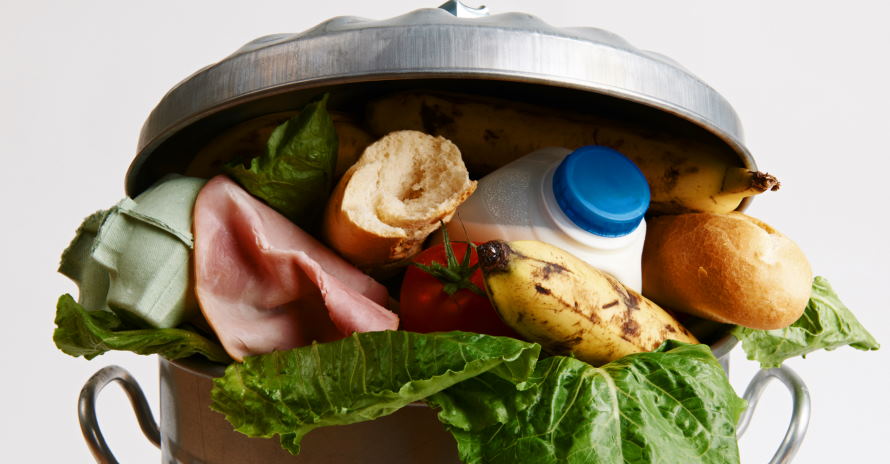Food waste is a global problem that significantly impacts food security and the environment. To make meaningful progress in addressing these issues, it is critical to understand the scale of food waste and identify strategies for reducing it. This blog post provides an overview of food waste, its causes and consequences, and potential solutions. It also highlights some key initiatives working to reduce food waste worldwide.
Reducing food loss is key to ending hunger
Addressing food waste is critical in ending hunger. According to a report by the United Nations’ Food and Agriculture Organization (FAO), one-third of the food produced globally is wasted. That’s 1.3 billion metric tons per year. Meanwhile, one in nine people around the world do not have enough to eat.
Food waste has many reasons, from poor storage facilities to over-harvesting and bad transportation infrastructure. But a major culprit is simply that we as consumers demand perfection in our fruits and vegetables. We want them to look a certain way, and if they don’t meet our standards, we reject them.

This problem starts with farmers under immense pressure to produce perfectly shaped fruits and vegetables. If they don’t, supermarkets will reject their crops, and they won’t make any money. So in some cases, farmers are forced to dump perfectly good food because it doesn’t meet these cosmetic standards.
This is a huge waste of resources. It takes a lot of water, energy, and labor to grow our food, and when we throw it away, all of that is wasted as well. Not to mention that some people are hungry while all this perfectly good food is wasted.
Ways to reduce food waste and tackle world hunger
One way to reduce food waste is by composting. Composting is breaking down organic matter, such as food scraps, into a nutrient-rich soil amendment that can be used to improve the health of your plants and gardens. Not only does composting reduce the amount of waste sent to landfills, but it also helps to create a healthy environment for your plants and gardens.

Another way to reduce food waste is by practicing portion control. For example, when cooking at home, only prepare as much food as you know you will eat. This will help to avoid cooking too much food and then letting it go to waste. Likewise, when eating out, order smaller portions or share meals with others. This can help cut down on the food waste that restaurants generate.
Finally, another way to reduce food waste is donating surplus food to local food banks or shelters. Donating food that would otherwise go to waste can help to feed those in need and make a difference in the fight against hunger.

